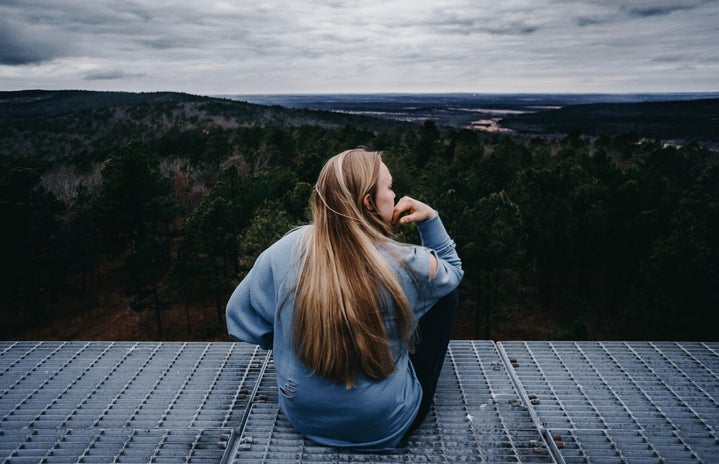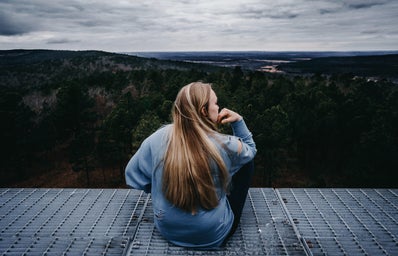This current world of isolation is new for a lot of people, but not for me. I have been living in it for months since pain from endometriosis sent me home from a summer program in 2019 and kept me inside most of the time. Now, students across the country are beginning to have experiences mimicking mine. I’m hoping someone can learn from my situation and survive their self-isolation.
When my symptoms got worse in October, I found myself being pulled between the two most powerful forces known to college students: drive and laziness. If I wasn’t cleaning out every basket I have had on the shelves in my room since sixth grade, I was watching a whole season of Grey’s Anatomy in one sitting. I would teach myself units of my next calculus class, or I would simply stare at a wall until I fell asleep. I only recently realized that these two modes are equally exhausting. It is important to keep busy and to relax, but self-care was the missing piece. I started doing my nails, reading books, coloring and getting exercise whenever my body would allow. I also made washing my face as much of a priority as washing my hands is now. I started to find a nice balance of completing tasks that made me feel like I was getting something useful done, ones that embraced my inner sloth, and ones that reminded me that I was a person worth taking care of. I still find myself going back to my old ways, but when you’re living in isolation you need to put yourself first and embrace the idea of self-care.


To learn more about the information in this article, please use the following sites:



